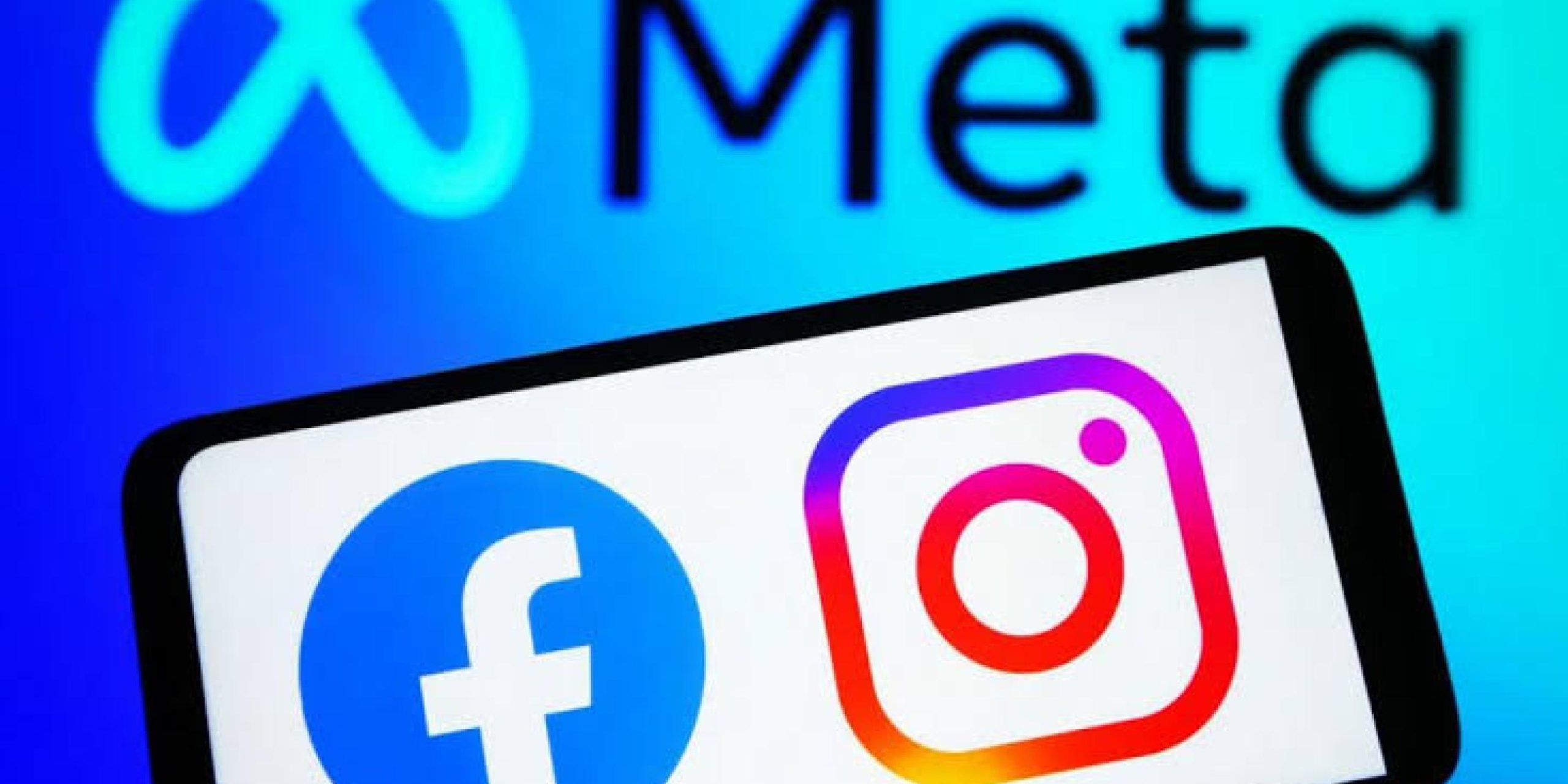Meta Faces $220 Million Fine in Nigeria Over Data Privacy Violations
Meta Platforms Inc., the parent company of Facebook, Instagram, and WhatsApp, is embroiled in a significant legal and regulatory battle in Nigeria. The company faces a $220 million fine imposed by the Federal Competition and Consumer Protection Commission (FCCPC) for alleged violations of data privacy laws, unapproved advertising practices, and anti-competitive behavior.
The FCCPC, in collaboration with the Nigeria Data Protection Commission (NDPC), conducted a comprehensive 38-month investigation into Meta’s operations from May 2021 to December 2023. The investigation concluded that Meta engaged in practices that violated Nigerian data protection laws, including unauthorized data collection, discriminatory treatment of Nigerian users, and abuse of its dominant market position.
The FCCPC’s findings highlighted that Meta’s platforms collected personal data without proper consent, transferred user data across borders without authorization, and imposed exploitative privacy policies on Nigerian consumers. These actions were deemed to contravene the Federal Competition and Consumer Protection Act (FCCPA) 2018 and the Nigeria Data Protection Regulation (NDPR) 2019.
YOU MAY READ
Falana files lawsuits against Mark Zuckerberg?s Meta, demands $5m over invasion of privacy
Meta challenged the FCCPC’s decision, but the Competition and Consumer Protection Tribunal upheld the $220 million fine. The tribunal also mandated that Meta submit a revised data policy within 10 days and cease the unauthorized sharing of WhatsApp data with Facebook or third parties without clear, informed consent.
In court filings, Meta warned that it might be compelled to shut down Facebook and Instagram services in Nigeria to mitigate the risks associated with enforcement measures. The company described the regulatory demands, particularly those from the NDPC requiring prior approval before transferring Nigerian user data abroad, as “unrealistic.”
Nigeria is one of Meta’s largest markets in Africa, with over 164 million internet subscriptions as of March 2025. Platforms like Facebook, Instagram, and WhatsApp are integral to communication, commerce, and information dissemination in the country. A potential shutdown of Facebook and Instagram could have far-reaching consequences for individuals, businesses, and digital marketers.
Civil society organizations, such as the Socio-Economic Rights and Accountability Project (SERAP), have urged Meta to comply with the fine and provide adequate compensation to affected Nigerian consumers. They emphasize the importance of holding corporations accountable for data privacy violations and ensuring consumer protection.
YOU MAY READ
A heartfelt letter of appreciation from actress Chioma: A testament of Facebook’s superiority
Meta’s regulatory challenges in Nigeria are part of a broader global scrutiny of the company’s data practices. The European Union recently fined Meta €1.2 billion for breaching privacy regulations, marking the largest General Data Protection Regulation (GDPR) penalty on record.
As Nigeria strengthens its data protection framework, this case sets a precedent for enforcing compliance among multinational tech companies operating within its jurisdiction. The outcome of this legal battle will likely influence how digital platforms navigate regulatory landscapes in emerging markets.
The $220 million fine imposed on Meta by Nigerian authorities underscores the growing emphasis on data privacy and consumer protection in the digital age. As the deadline for compliance approaches, stakeholders await Meta’s decision on whether it will adhere to the regulatory requirements or withdraw key services from the Nigerian market. The resolution of this case will have significant implications for digital rights, corporate accountability, and the future of social media in Nigeria.





